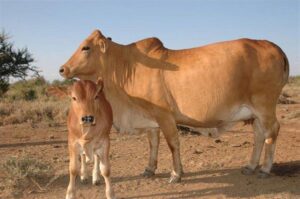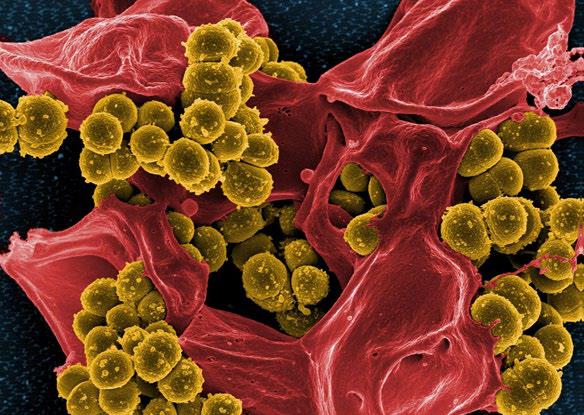Modern consumers are more informed about the origin of products than ever before. During the past two decades, there has been a major effort from both consumers and producers to promote the traceability of agricultural products. One of the main reasons for this trend is to ensure that the threat of infection by diseases such as brucellosis is minimised.
Brucellosis is a zoonotic disease, which is caused by germs and spread between animals and people. It mainly affects farm animals such as cattle, sheep, and goats. Brucellosis is a highly contagious bacterial herd disease and there is no treatment for infected animals.
The most common way in which the Brucella bacteria can infect humans is through the consumption of raw products originating from an infected herd, such as unpasteurised milk, cream, ice cream, butter, and cheese.
According to the Department of Agriculture, Land Reform and Rural Development (DALRRD), more than a thousand new infected herd units were reported to them countrywide over the past five years.
Brucellosis infection in humans is underreported in Southern Africa because of the non-specific clinical signs of the disease in people, and lack of testing. Brucellosis symptoms include fever, headache, night sweat, fatigue, and weight loss.
Due to the increased risk of this disease, the South African Veterinary Council (SAVC), in partnership with the National Animal Health Forum (NAHF), the Department of Agriculture, and all their associated partners have recently launched an extensive awareness and education campaign.
The South African Veterinary Strategy (2016 to 2026) has identified bovine brucellosis as a model disease for disease control purposes, and this strategy has the backing and support of the entire veterinary profession. People who consumed raw milk and show symptoms of brucellosis — but have not been treated yet — should see their doctor immediately for testing, to determine whether they are infected and need antibiotics to prevent long-term health problems.
Chronic brucellosis (brucellosis left untreated) may cause complications in only one organ or throughout the body. With the rise of positive brucellosis cases amongst cattle herds, SAVC urges the public not to drink unpasteurised milk and to take caution with raw meat. If you suspect a herd of cattle in your area to have brucellosis, notify your veterinarian (private or state) or your animal health technician.

Bovine brucellosis is endemic in cattle in Southern Africa and can be transmitted to humans by the consumption of infected meat, unpasteurised milk, cream, ice cream, butter, and cheese.
They will take the matter further. Bovine brucellosis is endemic in cattle in all nine provinces of South Africa. The current hotspot areas in South Africa are the Free State, Eastern Cape, and KwaZulu-Natal, with more cases still being reported. The SAVC, in collaboration with the above-mentioned industry partners, have launched a campaign, #BrakesonBrucellosis, to increase awareness of this disease.
Please follow the social media pages and visit the websites of these departments for more information on the disease and the precautions you can take. For South Africa’s neighbouring countries, the risk of a brucellosis outbreak in livestock is just as high, and farmers need to ensure that they take the necessary precautions to prevent this from happening. Farmers are urged to consult their veterinarians or nearest animal health specialists for support and advice on vaccination programmes to combat the disease. Early detection and quick response are the best ways to mitigate the effects of an outbreak.
If a farmer suspects that his livestock may be infected, he should contact one of the following institutions:
Botswana (Ministry of Agriculture: Veterinary Services) +(0)267-392-8816
Namibia (Central Veterinary Laboratory) +(0)264-61-237-684
Zimbabwe (Department of Livestock and Veterinary Services) +(0)263-04-797-390









